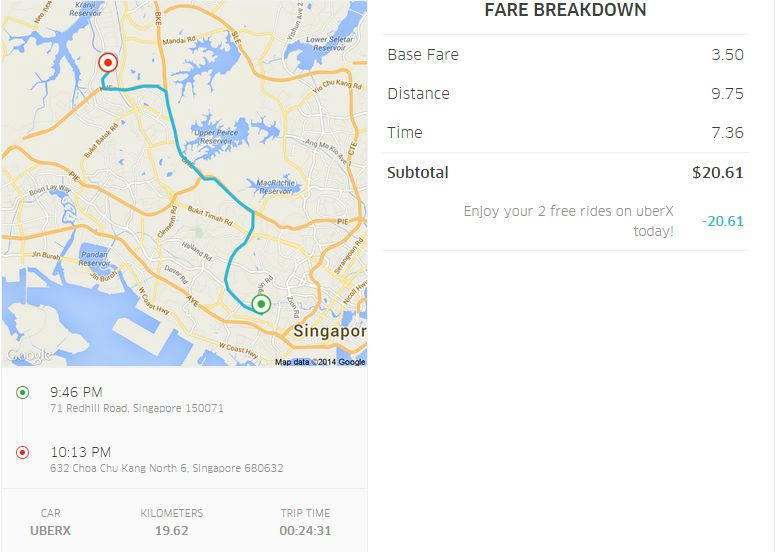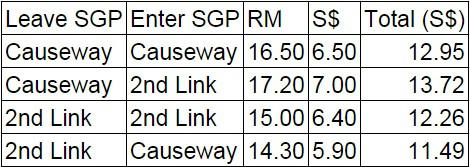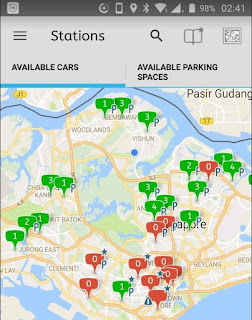TO BUY or NOT to BUY?
Humans have depleted black oil in an exponential rate faster than it can produce naturally. Some predicted that there will not be any black oil after another 100 years. With no gas for cars, other forms of energy are needed to power up our transport vehicles.Electric cars are the main stream of replacement and there are many effort put in place for innovations. If you visit LTA website, you will notice that Hybrid (aka Petrol-Electric) cars are gaining market share in Singapore. But the cost of owning a hybrid car has little incentive but the cost is exorbitant. It is nearly a prestige to own one. Can the savings offset the premium of hybrid car?
If you dig further, you notice that Peugeot 2008 1.6 e-HDI EGC active car running on diesel has a mileage of 3.8 L/100km (Combined). This is way better than an old car running at 9.0 L/100km. With the pending retirement of 30% of the car population in Singapore due to expiry of 10-year COE, it is a good time to consider all options: To buy or not to buy?
OPTION 1: BUY NEW CAR
If you want to buy, you may wish to get the best deal. Here, we will review only the petrol costs of ownership in the next 10 years.Petrol or diesel is expected to increase over the years and on average, we predict that the price may increase by 50% in the next 10 years. This is a logical presumption based on the petrol price in 2004 is S$1.50/litre and now 2014 is US$2.20/litre.
The choice is whether to get one running on petrol or diesel. The next question to ask is whether to get a hybrid or not.
OPTION 2: EXTEND COE
You may also opt to extend the COE of the current car if it is still in mint condition. However, in view of the high COE, it is not a great option now.GAS COSTS FOR 10 YEARS
The estimated gas consumption for 10 years are:- Old car (1.6 litre extend COE 10 years): S$32,116.50
- New car (1.6 litre petrol): S$24,979.50 (Saving: 22.22%)
- New car (1.6 litre diesel): S$11,970.70 (Saving: 62.73%)
- New car (hybrid on petrol): S$ 13,560.30 (Saving: 57.78%)
- New car (hybrid on diesel): S$ 11,094.80 (Saving: 65.45%)
- Electric car:: S$5,897.80 (Saving: 81.64%)
There is no tricks. Just make sure you choose an efficient car that RUNS ON DIESEL. Why? Because you will save S$20k in the next 10 years.
If you can afford, get a hybrid car running diesel. Peugeot 2008 (S$117k) is one of these diesel cars. In LTA website, only 3 out of top 40 gas saving cars run on petrol.
For electric option, the new 2015 Volkswagen e-Golf and Fiat 500e consumed only 2.02 litre/100km (US Environmental Protection Agency aka EPA). In short, you will pay only less than S$6k instead of S$32k over 10 years factoring inflation on gas prices. A hidden cost is the battery depreciation which warrants a change every 3 to 5 years (same for hybrid cars). The biggest headache is there is no way to charge your car battery in Singapore...yet.
OTHER WAYS TO SAVE COSTS
There are also other costs involved which you may wish to read further HERE. You may choose to take a cab instead of buying.Alternatively, you can change your driving behaviour and learn from Wayne, who clocked 59 MPG or 4 litre/100km on an old Accord.



